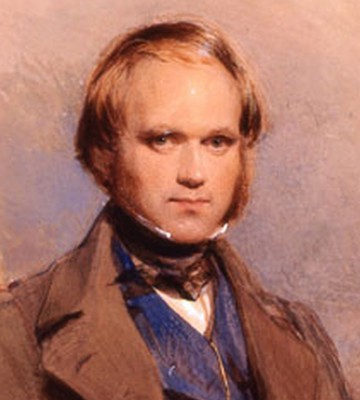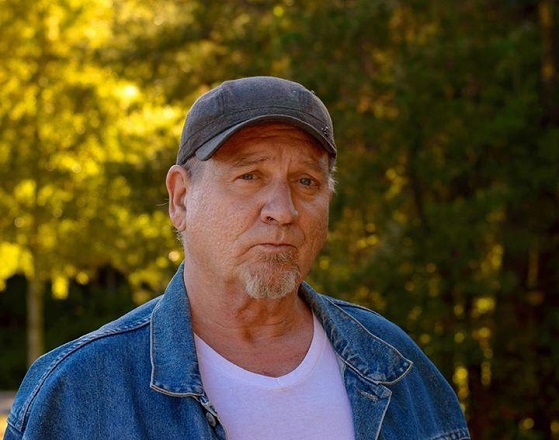Darwinism Debunked — By Charles Darwin.
One of the pillars of modern Western thought, and lodestars of our cultural beliefs, is the scientific finding that human existence is based on the principle of the survival of the fittest.
This sobering discovery is attributed to Charles Darwin and his book, The Origin of Species (1859). Why this has become such a popular notion — justifying all kinds of bad behavior — is something I’ll get into later.
Right now, I’ll allow Charles Darwin to debunk the infamous postulate so steadfastly attached to his name and work:
“Humankind arose through the higher agencies of love and altruism. Selectivity and survival, being foundational, are retained, but in service of this higher and more complex life-form.” (The Descent of Man, 1871.)
The Origin of Species was Darwin’s treatise on pre-human development. It is in The Descent of Man that Darwin posits his scientific findings on how human beings developed and distinguished themselves from other earlier life forms.
Okay, so then why have we grasped upon the first ‘sobering and realistic’ notion — and made it into a de facto Materialist’s Bible — while ignoring his later, more mature and uplifting observations?
First of all, biology itself. The human brain did not simply appear one day out of nothing. It evolved from its predecessor, Neanderthal.
A ripe old age for a Neanderthal was into its early 30s. Until then it lived a life based on the principal of devour or avoid being devoured in a landscape dominated by beasts and behemoths with gargantuan meat-eating appetites. And when it wasn’t doing that, it was reproducing as many offspring as it could.
Its brain, such as it was, was perfectly hot-wired for carrying out these functions. Neanderthals, and their brains, successfully plodded along on earth for a whopping 650 thousand years.
On the other hand, we humans have been here a mere 40,000 years — and look at the unprecedented amount of destructive havoc we have manged to reap upon ourselves and our planet is such a relative short amount of time.
So then how did a creature that purportedly developed or evolved from Neanderthals, because of a higher capacity for love and altruism, turn into such a self-destructive little brat?
A combination of biology and cultural self-programming. One doesn’t just slip out of a hundreds or thousands years old mode of operation overnight.
Additionally, in a twist of nature that seems unique to humans, we can also use our increased brain power to control and manipulate others by stimulating the veteran Neanderthal brain over the rookie human one. They are both still there.
If we human beings manage to survive this evolutionary adolescence, future cultural anthropologists may look back at this period with jaw-dropping bewilderment. They would see our everyday cultural reality — our so-called entertainment, and news, and economic systems — shaped in a way to stimulate our Neanderthal fear-based brains and make us act out accordingly.
I think that if Neanderthals had TV, you could easily cut a few hundred thousands of years off of their existence. We are, in effect, clothed Neanderthals with brains more advanced than we know how to use discerningly.
About 6,000 years ago, nature, the Creator, what-have-you, tried to send humans a reminder or wake up call with a new cultural phenomena for us to make hay from: religion.
Take your pick of which one, or ones, that you prefer, but all of them have one thing in common: An urgency for human beings to recover the lost virtues of altruism and selfless love that are the keys to our continued development and existence on earth — which, by the way, is not guaranteed anywhere.
So, my point here is to try to imagine how different the human landscape would be now — how we might have addressed our major issues of poverty, famine, racism, sexism, war and peace — if our cultural mantra over the last century had been something more akin to William Blake’s We are placed on earth for a short space so that we might learn to bear the beams of love, rather than the bastardized Darwinian interpretation of life as being a dog eat dog existence where only the fittest and most selfish among us survive and flourish.
I’m just sayin’…


